Enjoy Nature – Be A Responsible Visitor
Are you familiar with the phrases “Leave No Trace” or “Tread Lightly”?
If you spend any time in the great outdoors, you should know these phrases and what they mean. They provide guidelines we should follow to enjoy and protect our natural spaces.
We love exploring the US National Parks. But we’re seeing more and more litter, habituated wildlife, trail erosion, polluted water sources and more.
It’s awesome so many people want to enjoy nature, but we need to be responsible visitors to protect the outdoor spaces we explore.
We can all do better!
This site contains affiliate links which means WE may receive commissions for purchases made through these links. We only provide links to products we actually use and/or wholeheartedly recommend! As an Amazon Associate, we earn from qualifying purchases. Read the full Disclosure Policy.
TIPS TO ENJOY NATURE RESPONSIBLY
The Leave No Trace Center for Outdoor Ethics uses The Leave No Trace Seven Principles (© 1999 by the Leave No Trace Center for Outdoor Ethics: www.LNT.org.) to communicate the best available minimum impact guidance for enjoying the outdoors responsibly.
These principles can be applied anywhere from the back-country to local parks and backyards, and for any recreational activity. Each Principle covers a specific topic and provides detailed information for minimizing impacts.
Please remember these are not rules and regulations, only guidelines to help shape and direct your actions as you enjoy the great outdoors!
THE LEAVE NO TRACE SEVEN PRINCIPLES
- Plan ahead and prepare.
- Travel and camp on durable surfaces.
- Dispose of waste properly.
- Leave what you find.
- Minimize campfire impacts (be careful with fire).
- Respect wildlife.
- Be considerate of other visitors.
Plan Ahead and Prepare
Proper planning helps you avoid unexpected situations, understand and follow local regulations and enjoy the experience.
- Know the regulations and special concerns for the area you’ll visit.
- Prepare for extreme weather, hazards and emergencies.
- Schedule your trip to avoid times of high use.
- Visit in small groups when possible. Consider splitting larger groups into smaller groups.
- Repackage food to minimize waste.
- Use a map and compass to eliminate the use of marking paint, rock cairns or flagging.
TRAVEL PLANNING: US National Parks to Visit | US National Parks Packing Lists
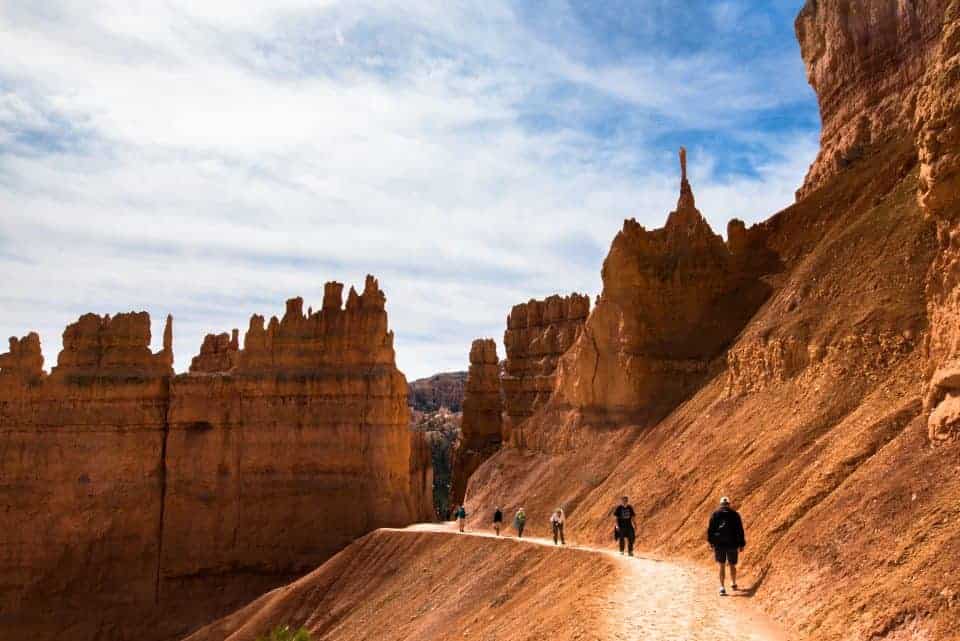
Travel and Camp on Durable Surfaces
By concentrating activity to durable surfaces, damage to vegetation is minimized.
- Durable surfaces include established trails and campsites, rock, gravel, dry grasses or snow.
- Protect riparian areas by camping at least 200 feet from lakes and streams.
- Good campsites are found, not made. Altering a site is not necessary.
In popular areas:
- Concentrate use on existing trails and campsites.
- Walk single file in the middle of the trail, even when wet or muddy.
- Keep campsites small. Focus activity in areas where vegetation is absent.
In pristine areas:
- Disperse use to prevent the creation of campsites and trails.
- Avoid places where impacts are just beginning.
RESOURCE: Awesome List of Hiking Guides
Dispose of Waste Properly
This principle applies to everything from litter to human waste to rinse water.
- Pack it in, pack it out. Inspect your campsite and rest areas for trash or spilled foods. Pack out all trash, leftover food and litter.
- Deposit solid human waste in catholes dug 6 to 8 inches deep, at least 200 feet from water, camp and trails. Cover and disguise the cathole when finished.
- Pack out toilet paper and hygiene products.
- To wash yourself or your dishes, carry water 200 feet away from streams or lakes and use small amounts of biodegradable soap. Scatter strained dishwater.
Leave What You Find
The adage “take only pictures, leave only footprints” still holds, although leaving fewer footprints is even better.
- Preserve the past: Examine, but do not touch, cultural or historic structures and artifacts.
- Leave rocks, plants and other natural objects as you find them.
- Avoid introducing or transporting non-native species: Clean boot soles, kayak hulls and bike tires off between trips.
- Do not build structures, furniture or dig trenches.
Did you know it is illegal to remove natural objects, such as antlers, rocks and flowers, from National Parks and other protected areas or disturb archaeological sites or take artifacts from public lands?
It is your responsibility to understand the laws and regulations of the areas you visit.
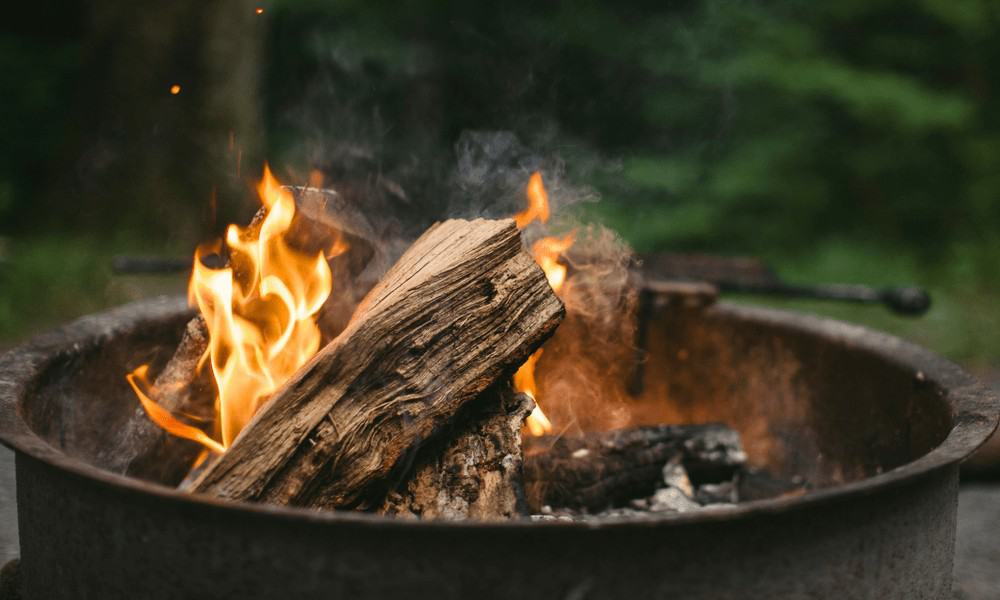
Minimize Campfire Impacts
To me, a campfire is just part of the experience. But, there are some times and places when it’s best to do without.
- Campfires can cause lasting impacts to the backcountry. Use a lightweight stove for cooking and enjoy a candle lantern for light.
- Where fires are permitted, use established fire rings, fire pans, or mound fires.
- Keep fires small. Only use sticks from the ground that can be broken by hand.
- Burn all wood and coals to ash, put out campfires completely, then scatter cool ashes.
Respect Wildlife
Don’t approach animals.
Both you and the wildlife will enjoy encounters more if you master the zoom lens on your camera and pack along a pair of binoculars.
Keep wildlife Wild.
- Observe wildlife from a distance. Do not follow or approach them.
- Never feed animals. Feeding wildlife damages their health, alters natural behaviors, and exposes them to predators and other dangers.
- Protect wildlife and your food by storing rations and trash securely.
- Control pets at all times, or leave them at home.
- Avoid wildlife during sensitive times: mating, nesting, raising young or winter.
Did you know it is illegal to willfully remain near or approach wildlife, including birds, within ANY distance that disturbs or displaces the animal?
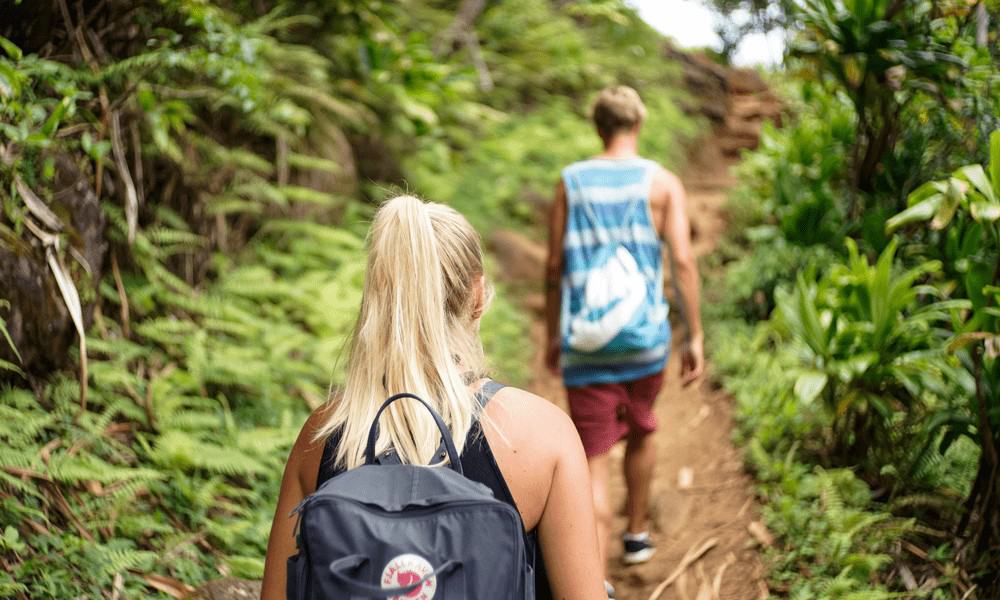
Be Considerate of Other Visitors
Treat others the way you would like to be treated” is a rule that applies in the outdoors, too.
- Respect other visitors and protect the quality of their experience.
- Be courteous. Yield to other users on the trail.
- Step to the downhill side of the trail when encountering pack stock.
- Take breaks and camp away from trails and other visitors.
- Let nature’s sounds prevail. Avoid loud voices and noises.
Did you know the sounds of nature don’t include music, a cell phone ringing, or people yelling between camp sites?
Preserve the experience for others by leaving electronics at home and singing your favorite tunes in your head. Walk over to a friend and talk quietly to keep the noise level down.
RESOURCES: Gear for Outdoor Adventures
TREAD LIGHTLY!
Tread Lightly! and its partners lead a national initiative to protect and enhance recreation access and opportunities by promoting outdoor ethics to heighten individuals’ sense of good stewardship.
Tread Lightly!’s goal is to balance the needs of the people who enjoy outdoor recreation with the need to maintain healthy ecosystems and thriving populations of fish and wildlife.
The scope of their work includes nearly every form of outdoor recreation including, but not limited to hunting, recreational shooting, fishing, boating and promoting safe and responsible use of motorized and mechanized vehicles in the outdoors.
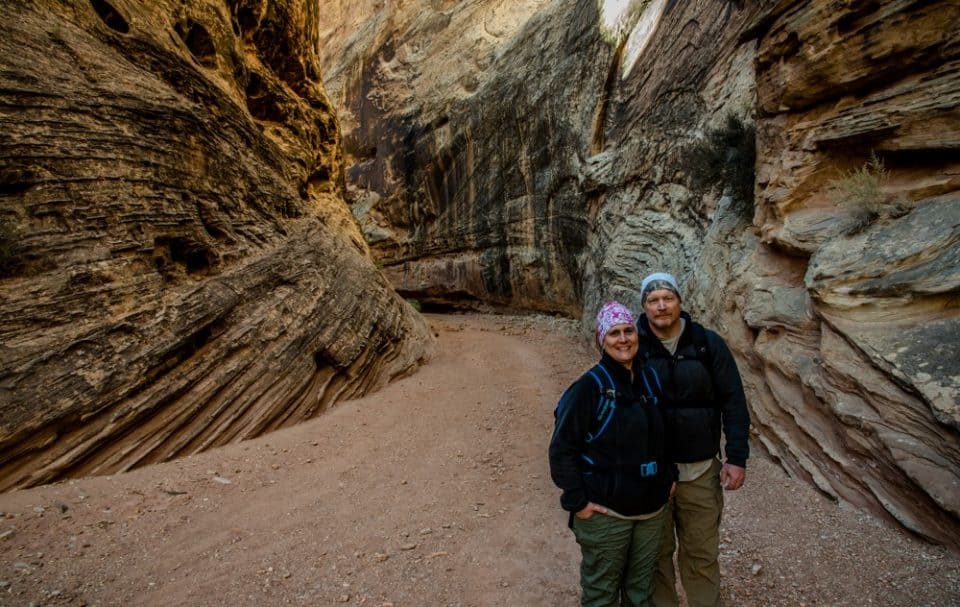
TREAD Principles:
T = Travel Responsibly
- Stay on designated roads, trails and area.
- Go over, not around, obstacles to avoid widening the trails.
- Cross streams only at designated fords.
- When possible, avoid wet, muddy trails.
- On water, stay on designated waterways and launch your watercraft in designated areas.
R = Respect the Rights of Others
- This includes private property owners, all recreational trail users, campers and others so they can enjoy their recreational activities undisturbed.
- Leave gates as you found them.
- Yield right of way to those passing you or going uphill.
- On water, respect anglers, swimmers, skiers, boaters, divers and those on or near shore.
E = Educate Yourself
- Prior to your trip obtain travel maps and regulations from public agencies.
- Plan for your trip, take recreation skills classes and know how to operate your equipment safely.
A = Avoid Sensitive Areas
- Avoid meadows, lake shores, wetlands and streams.
- Stay on designated routes. This protects wildlife habitats and sensitive soils from damage.
- Don’t disturb historical, archeological or paleontological sites.
- On water, avoid operating your watercraft in shallow waters or near shorelines at high speeds.
D = Do Your Part
- Model appropriate behavior.
- Leave the area better than you found it.
- Properly dispose of waste.
- Minimize the use of fire.
- Avoid the spread of invasive species and repairing degraded areas.

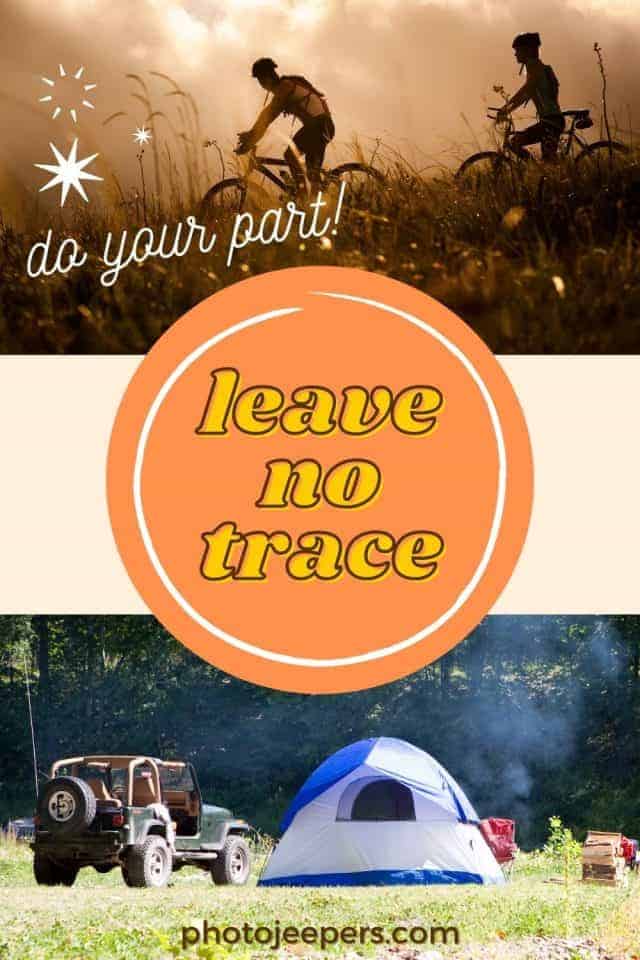
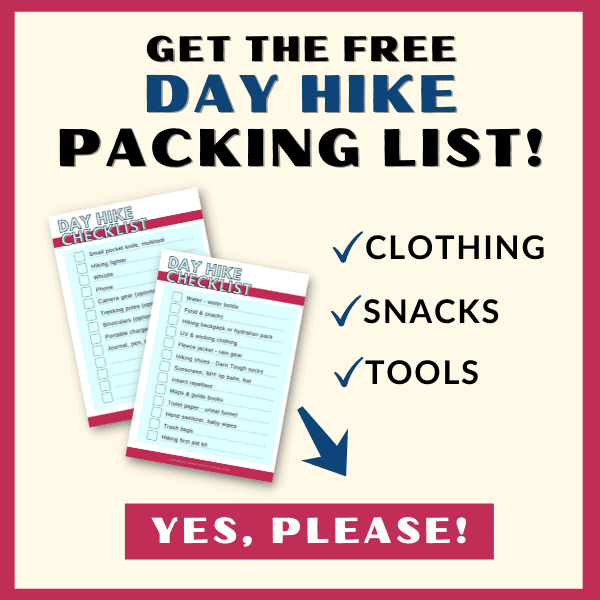
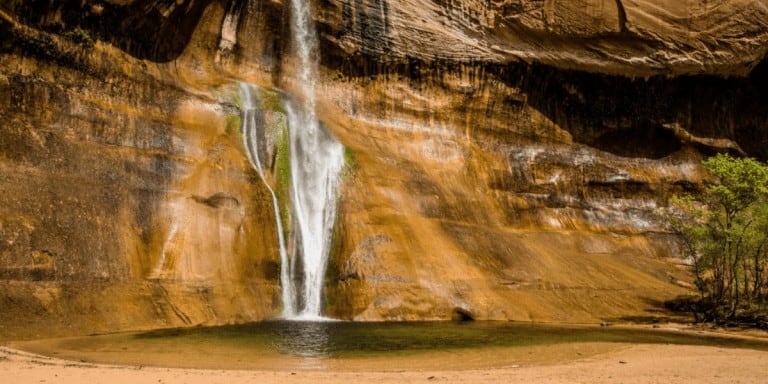
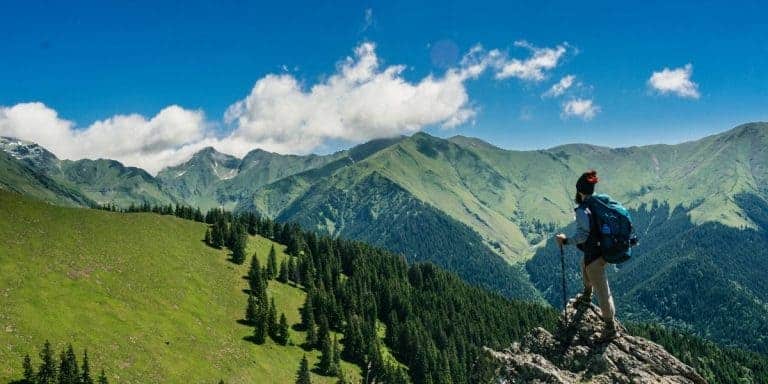
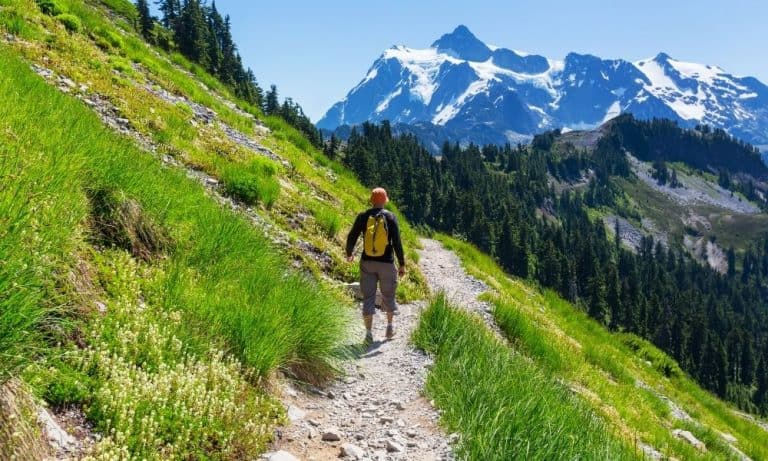
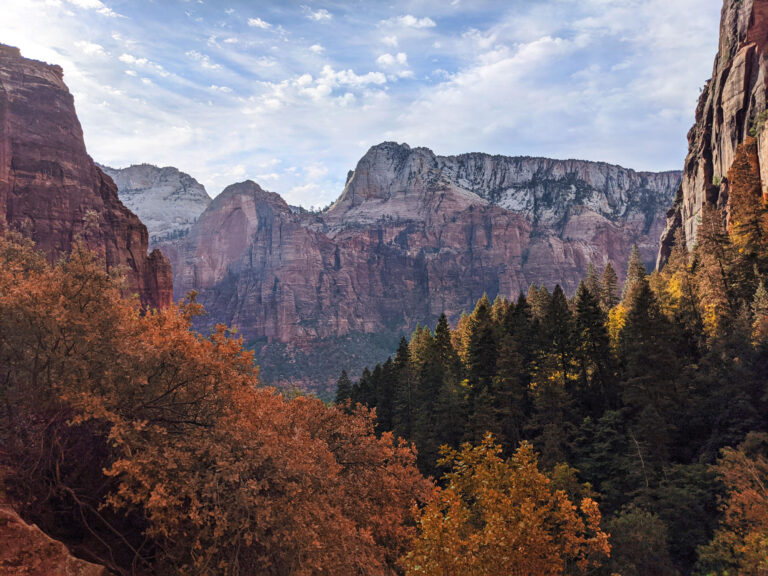
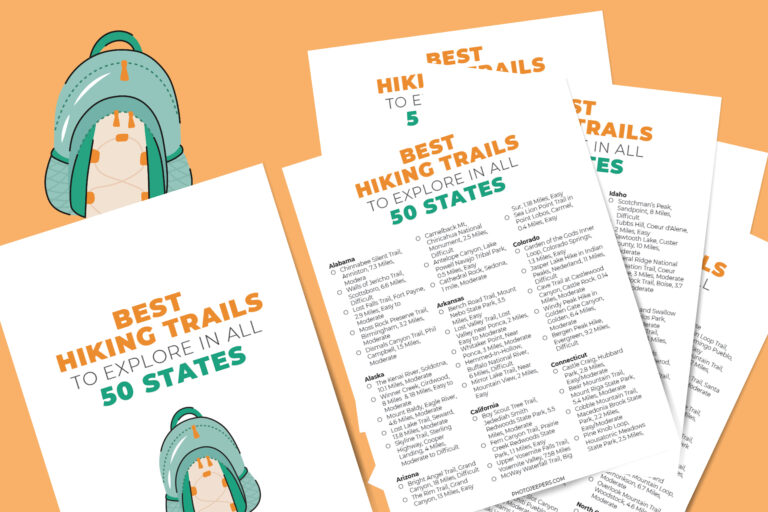
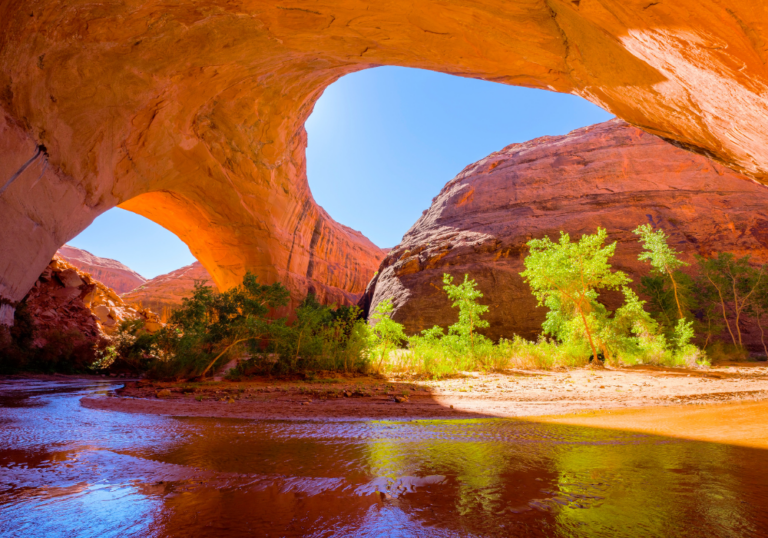
Great tips, thanks for sharing! Lets hope people listen and follow to minimise humans footprint as much as possible. We need to preserve our nature as much as possible for future generations.
Yes! All we can do is keep sharing the guidelines and hopefully people listen and follow them.
The very essential need of the hour post! With so many people taking up traveling, tourism itself has become a threat to Mother Earth!
Whoa! Where was the 3rd picture clicked? The pre-historic rock art looks just stunning!
Great tips of disposing waste, esp about unwrapping snacks before leaving city.
It’s called Newspaper Rock in Utah, USA. They estimate the petroglyphs to be 2000 years old! It’s sites like this we don’t want vandalized or littered!
Great article about responsible travel. It’s needed to be told to a lot of people, who are still not traveling responsibly. I loved the Tread Lightly’s principles and also guide to outdoor travelers.
Thank you. I’m doing what I can to share these principles with as many people as I can!
this was so helpful. I am new to exploring nature, so this is definitely helpful to figure out how to leave no trace. This is very informative and very helpful. It’s sad how so many people leave so much trash behind, but this shows that we can be doing even more.
It is sad to visit places like National Parks and see trash. I hope to spread the word about being a responsible visitor, anywhere you visit!
The seven principles of leave no trace are very sensible. If everyone followed these and were responsible visitors then camping and outdoor life would be more sustainable. Keeping distance from wildlife is common sense but I know some people still approach wildlife, for photography I agree the zoom lens from a distance is better as you do not scare the wildlife away.
We have a long telephoto lens in order to photograph wildlife, and we are amazed how many people get so close in order to get that selfie. It’s dangerous for the person AND the wildlife!
That is a great initiative! It is sad that it is so obvious but still has to be told to so many people. I have seen so many defaced monuments and littered mountains and jungles that I have almost lost faith in humanity!
I know – so simple right!? It is sad to see ancient structures defaced and natural landscapes littered. If we all keep spreading the word, maybe we can make a change!
Wow I literally cannot emphasize the enough. I recently went on a month long road trip across the US and thankfully a lot of the National Parks were very very clean. Happy to see! On the other hand, some other attractions in California all the way to Texas I cannot say the same about. It’s sad how little people care about the environment.
We were surprised at the amount of trash we saw at the Grand Canyon – down the steep slopes where it really cannot be picked up. And empty water bottles on the ground right next to an empty trash can. So sad!
Only if people started following these guidelines, can the place be maintained with its charm intact. Whenever I am out Travelling, I keep in mind to follow all the things you mentioned, and even make it a point to make my fellow travellers realise the importance.
We always take an extra bag with us as we hike to pick up litter along trails. I’m hoping the more people become aware and spread the word, the more impact it can make!
I think it’s so important we all try to be responsible travellers, especially when enjoying the outdoors. I’d never think about covering even human waste (!) but it’s true because it’s still a sign of something we’ve left behind! Great post and some useful things to think about here.
Yes, covering human waste and making sure it’s far away from a water source.
Thank you for this post, I know that all of us need a reminder once in a while to do your best to “leave to print behind”. If you go into the wild, you are a visitor, it is not your home, you have to respect the home of the other animals that live their. Love your acronym for TREAD!